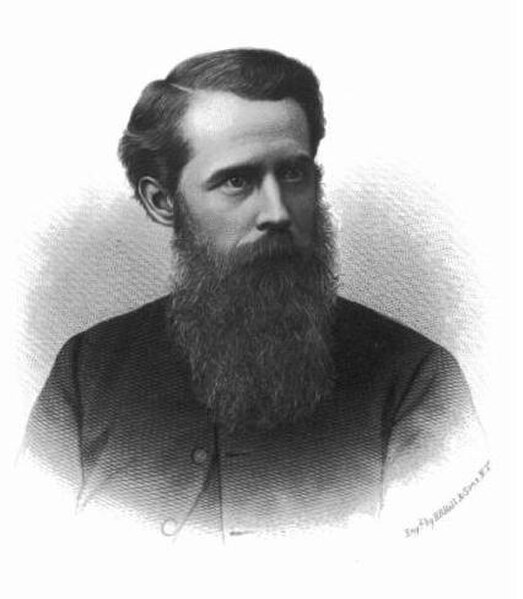In religious organizations, the laity consists of all members who are not part of the clergy, usually including any non-ordained members of religious orders, e.g. a nun or a lay brother. In both religious and wider secular usage, a layperson is a person who is not qualified in a given profession or does not have specific knowledge of a certain subject. The phrase "layman's terms" is used to refer to plain language that is understandable to the everyday person, as opposed to specialised terminology understood only by a professional.
The person stood in the pulpit wearing vestments is a cleric, whereas the people seated below are of the laity.
Clergy are formal leaders within established religions. Their roles and functions vary in different religious traditions, but usually involve presiding over specific rituals and teaching their religion's doctrines and practices. Some of the terms used for individual clergy are clergyman, clergywoman, clergyperson, churchman,
cleric, ecclesiastic, and vicegerent while clerk in holy orders has a long history but is rarely used.
14th Dalai Lama, Tenzin Gyatso in 2007
Bishop Maurício Andrade, primate of the Anglican Episcopal Church of Brazil, gives a crosier to Bishop Saulo Barros
Sir George Fleming, 2nd Baronet, British churchman.
Charles Wesley Leffingwell, Episcopal priest





